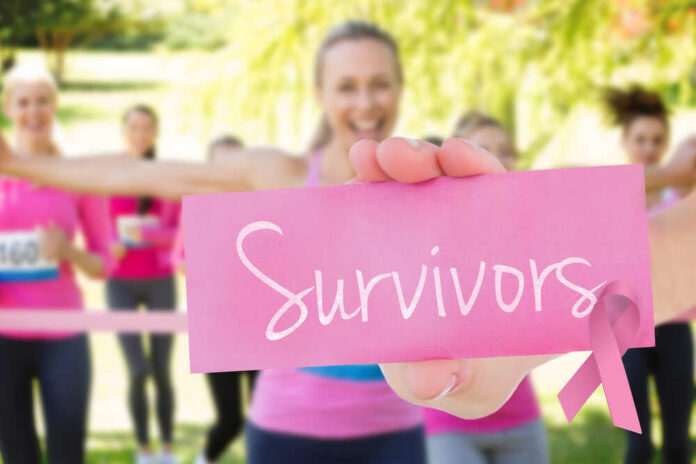A recent study found that most adult cancer survivors continue to drink despite medical warnings that alcohol consumption could hamper treatment and recovery, the Washington Times reported.
In a study published last week in JAMA Network Open, researchers analyzed the survey responses from over 15,000 people with cancer who participated in an NIH research program from May 2018 to January 2022.
The NIH survey found that 78 percent of cancer survivors reported being active drinkers. Of those 75 percent said they consume substantial amounts of alcohol, including 38 percent who engage in “hazardous drinking,” 24 percent who binge drink, and 13 percent who drink beyond moderate levels.
According to Washington University School of Medicine professor Yin Cao, the senior author of the study, the findings suggest that most cancer survivors are ignoring the American Cancer Society’s recommendation to avoid alcohol.
The American Cancer Society advises that women with cancer limit alcohol to one drink per day while men should limit it to two drinks per day.
She told the Washington Times that the study “underscores” the need to address the risks of drinking “in cancer care settings,” especially given the “growing evidence” that drinking alcohol can “worsen outcomes” for those with cancer.
And while most with cancer reported active drinking, the percentage is still lower than that of people without a cancer diagnosis.
According to Professor Cao, of the 120,000 survey respondents without a cancer diagnosis, 80 percent of them reported being active drinkers.
George Koob, the director of the National Institute on Alcohol Abuse and Alcoholism, said the study confirms previous research showing that cancer survivors are less likely to be active drinkers than other adults.
However, Koob said excessive alcohol use was “surprisingly common” among those treated for cancer in the last year. He told the Washington Times that research suggests that just consuming one drink per day increases the risk of some cancers in otherwise healthy individuals.















